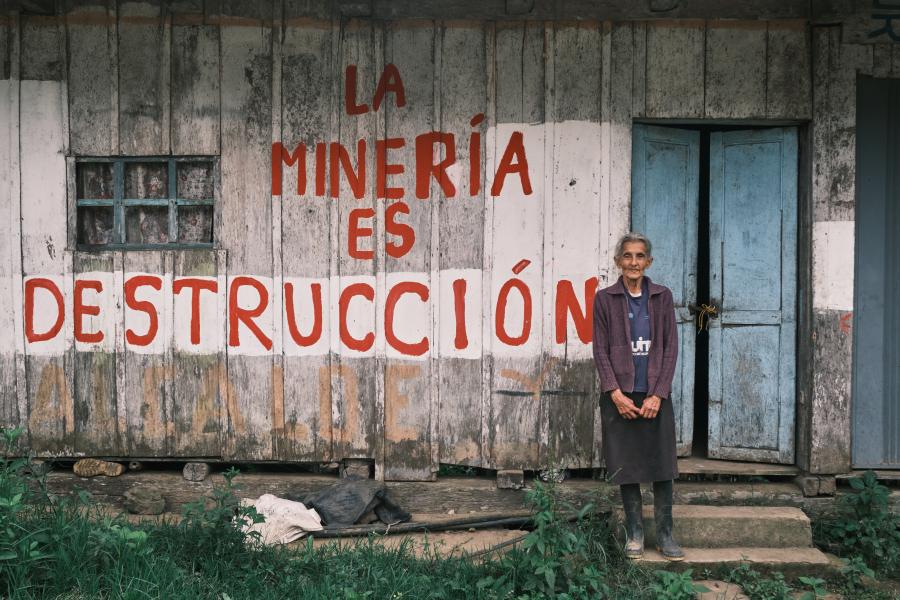In Labrador, Canada, the recent explosion of the mining industry is threatening the environment and the way of life of the Innu and Inuit peoples. In response, indigenous people are taking steps toward creating an indigenous-controlled, alternative ecotourism industry that would enable them to preserve their culture and environment.
In 1993, mineral deposits were discovered at Voisey Bay, Labrador, which are believed to be among the largest nickel deposits in the world. Voisey Bay is surrounded by roadless, pristine wilderness on the north coast of Labrador. The region is a breeding ground for several endangered bird species and home to the world's largest caribou herd. The Innu and Inuit peoples have inhabited this region for 7,000 years. They continue to rely on the land for sustenance through hunting and fishing. However, the Canadian government does not recognize the Innu and Inuit people's legal claim to the land.
The Innu and Inuit people filed a land claim in the 1970s which remains unresolved. Until the claim is resolved, Canadian law allows mining companies to claim the land and its resources. Since the first discovery of mineral deposits in 1993, mining companies have made over 280,000 land claims, encompassing 1/3 of all native lands. These claims have already proved lucrative for mining interests: Diamond Fields Resources, the company with rights to the Voisey Bay discovery, has sold over $500 million in shares to Inco, a nickel mining company. "Aboriginal groups are in poverty, but their lands have made millions for people they've never met," Peter Penashue, President of the Innu Nation, observed.
Even before production has begun at the Voisey Bay mine, exploration of the area has brought in influx of people, increased air traffic, and serious environmental degradation. Community members fear that the increased air traffic will disrupt the migration and breeding patterns of the animal species of the region. The waste products of nickel mining contain toxic materials that will poison the region's waterways and damage the Innu and Inuit people's ability to support themselves through hunting and fishing.
In an effort to include native people in the economic development of the region, the Golden Eagle Project was initiated by Reuben Murphy, an Inuit lawyer, Richard Pamak, a former mayor of the town of Nain, and Helga Spande, president of Freedom ONE organization. Murphy, Pamak, and Spande founded Matrix Enterprises Incorporated, a corporation that is fully controlled by Inuit people. The goals of the Golden Eagle Project are to construct a hotel and a community center in Nain, a town of 1,400 located 35 km from Voisey Bay. The Project aims to promote Inuit culture by providing space for native artisans' craft studios and by encouraging interaction between visitors and Inuit people.
The Inuit designers of the Project aim to establish a relationship with Innu communities in the area to expand their vision of an indigenous-controlled alternative industry. Article copyright Cultural Survival, Inc.



